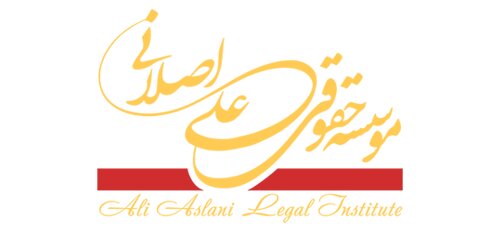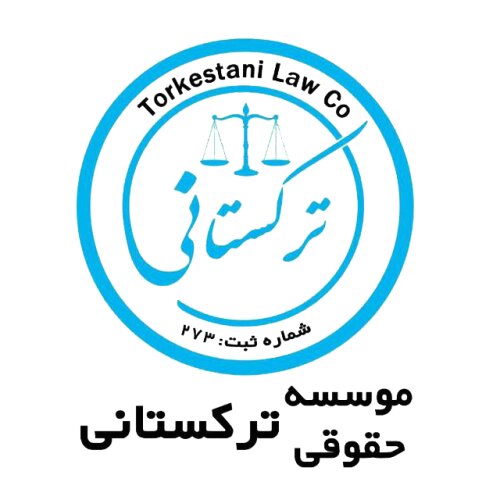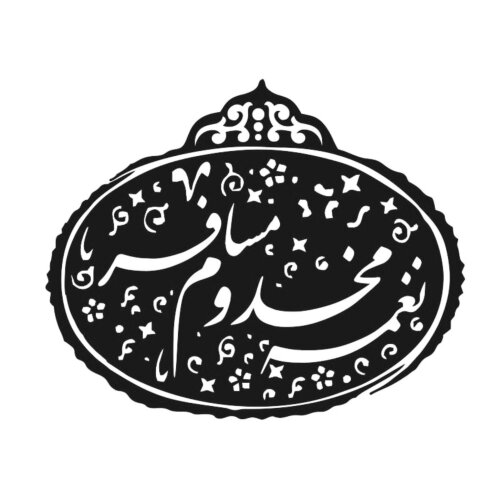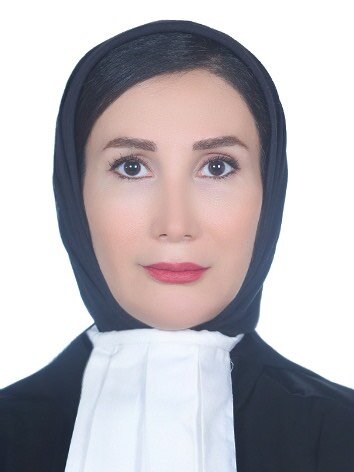Best Marriage Lawyers in Tehran
Share your needs with us, get contacted by law firms.
Free. Takes 2 min.
Free Guide to Hiring a Family Lawyer
List of the best lawyers in Tehran, Iran
About Marriage Law in Tehran, Iran
Marriage in Tehran, Iran, is deeply influenced by religious, cultural, and legal traditions, primarily based on Sharia law as per the Islamic context that governs family law. The marriage contract is viewed as a legal agreement, creating certain rights and duties between the spouses. Essential marital elements include the offer and acceptance, presence of witnesses (particularly for Muslims), and the payment of mihr (a mandatory payment made by the groom to the bride). Conditions of validity include legal capacity, mutual consent, and adherence to Islamic principles.
Why You May Need a Lawyer
While some marriages proceed smoothly without legal assistance, several situations may necessitate the help of a lawyer. These include drafting or reviewing marriage contracts to ensure fairness and legal compliance, navigating the legalities of interfaith marriages, addressing disputes over mihr, handling divorce or separation proceedings, ensuring your rights are protected in case of child custody battles, dealing with issues related to polygamy permitted under Iranian law, or understanding the implications of foreign marriages or marriages involving non-Iranians.
Local Laws Overview
Marriage laws in Tehran are shaped by the Islamic Civil Code. Essential highlights include the legal age of marriage, which is 13 for girls and 15 for boys, though with judicial consent, marriage might be allowed at a lower age. Consent of the guardian is often mandatory, particularly for younger individuals. Polygamy is legally permissible but carries certain conditions such as the ability of the husband to financially support multiple wives and to treat them equitably. The concept of temporary marriage, known as sigheh or mut'ah, is a notable feature in Iran, allowing marriage for a predetermined duration under specific terms. Divorce laws heavily favor men, but women may petition for divorce under certain conditions.
Frequently Asked Questions
What is the legal age for marriage in Iran?
The legal age for marriage is 13 for girls and 15 for boys, but with judicial consent, younger individuals may marry.
Is a marriage contract necessary?
Yes, the marriage contract is a vital component of marriage in Iran as it outlines the rights and obligations of both parties.
Can non-Iranians marry in Tehran?
Yes, non-Iranians can marry in Tehran, but they must adhere to Iranian laws and often need certification from their respective embassies.
What is mihr?
Mihr is a mandatory Islamic practice where the groom provides a financial gift to the bride. It can be immediate or deferred and must be specified in the marriage contract.
Is polygamy legal in Iran?
Polygamy is legal in Iran, allowing Muslim men to have up to four wives, but it requires adherence to specific conditions regarding equitable treatment and financial capability.
What is a temporary marriage?
A temporary marriage, or sigheh/mut'ah, is a form of marriage in Iran valid for a fixed period, as agreed upon in the marriage contract.
What are the divorce laws in Tehran?
While men can unilaterally demand a divorce, women need to meet specific conditions or seek judicial consent. Grounds for divorce include abuse, abandonment, and failing to provide financial support.
How are child custody issues handled?
Child custody laws generally favor the mother for young children, however, custodial rights are subject to the child's gender and age, and ultimately determined by the courts.
Are there any special considerations for interfaith marriages?
Interfaith marriages are complex and subject to regulations that differ based on faith. For example, a Muslim woman may only marry a Muslim man, while a Muslim man can marry a woman of the book (People of the Book, i.e., Christians or Jews). Legal counsel is often needed to navigate these situations.
Can marriages be registered online?
While some procedural elements may be initiated online, the physical presence of both parties is generally required for marriage registration.
Additional Resources
Individuals seeking information or legal advice on marriage in Tehran can contact various entities such as the Iranian Ministry of Justice, the local Islamic Propagation Organization for guidance on Sharia compliance, family law attorneys experienced in Iranian law, embassies for foreign nationals, and NGOs that may offer support regarding marriage rights and family law.
Next Steps
If you require legal assistance with a marriage-related matter in Tehran, it is advisable to consult with a seasoned lawyer specializing in family law. Speak with multiple attorneys to understand their approach and how they can assist with your specific needs. Documentation will be necessary, so prepare marriage certificates, personal identification, and any existing agreements. Additionally, it may be helpful to research lawyers online or through local directories, asking for recommendations from trusted sources, or contacting your embassy if you're a foreign national to ensure you have comprehensive legal representation in Iran.
Lawzana helps you find the best lawyers and law firms in Tehran through a curated and pre-screened list of qualified legal professionals. Our platform offers rankings and detailed profiles of attorneys and law firms, allowing you to compare based on practice areas, including Marriage, experience, and client feedback.
Each profile includes a description of the firm's areas of practice, client reviews, team members and partners, year of establishment, spoken languages, office locations, contact information, social media presence, and any published articles or resources. Most firms on our platform speak English and are experienced in both local and international legal matters.
Get a quote from top-rated law firms in Tehran, Iran — quickly, securely, and without unnecessary hassle.
Disclaimer:
The information provided on this page is for general informational purposes only and does not constitute legal advice. While we strive to ensure the accuracy and relevance of the content, legal information may change over time, and interpretations of the law can vary. You should always consult with a qualified legal professional for advice specific to your situation.
We disclaim all liability for actions taken or not taken based on the content of this page. If you believe any information is incorrect or outdated, please contact us, and we will review and update it where appropriate.

















